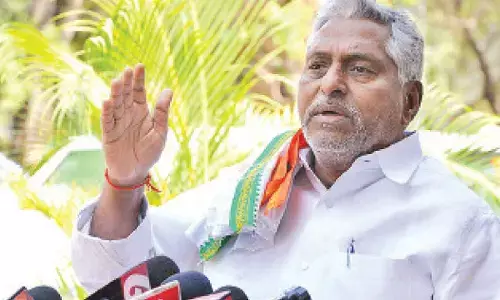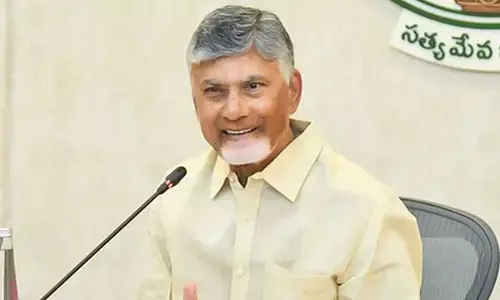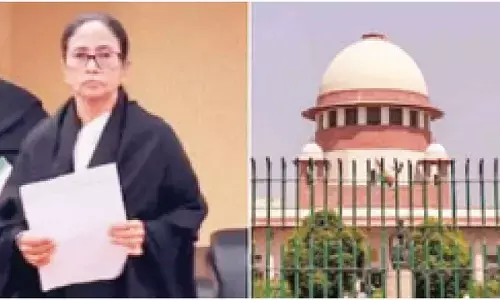No tyranny of any kind please
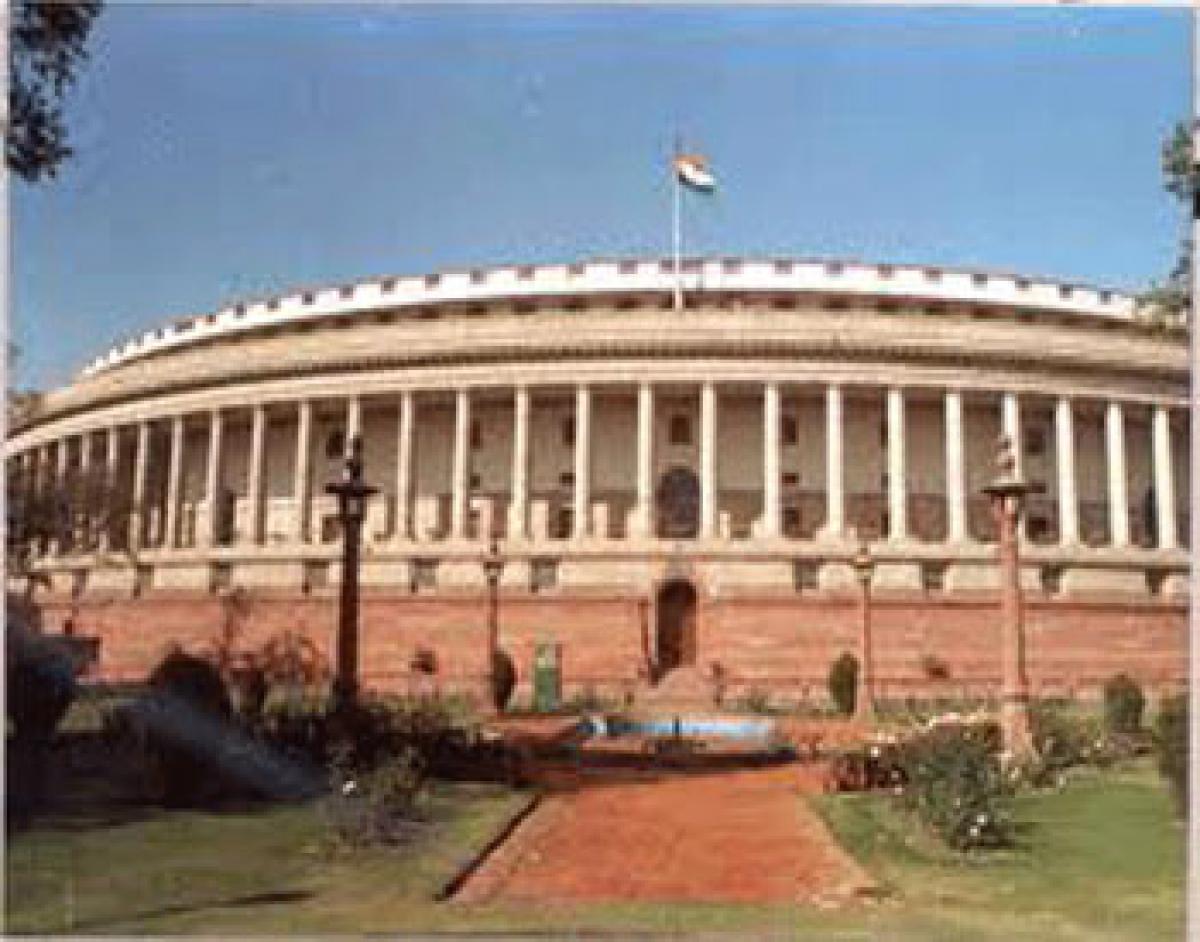
No tyranny of any kind please. The Government of India seems to be in no mood to relent. The reaction of senior ministers to the recent judgment of Supreme Court is almost taking on the judiciary upfront.
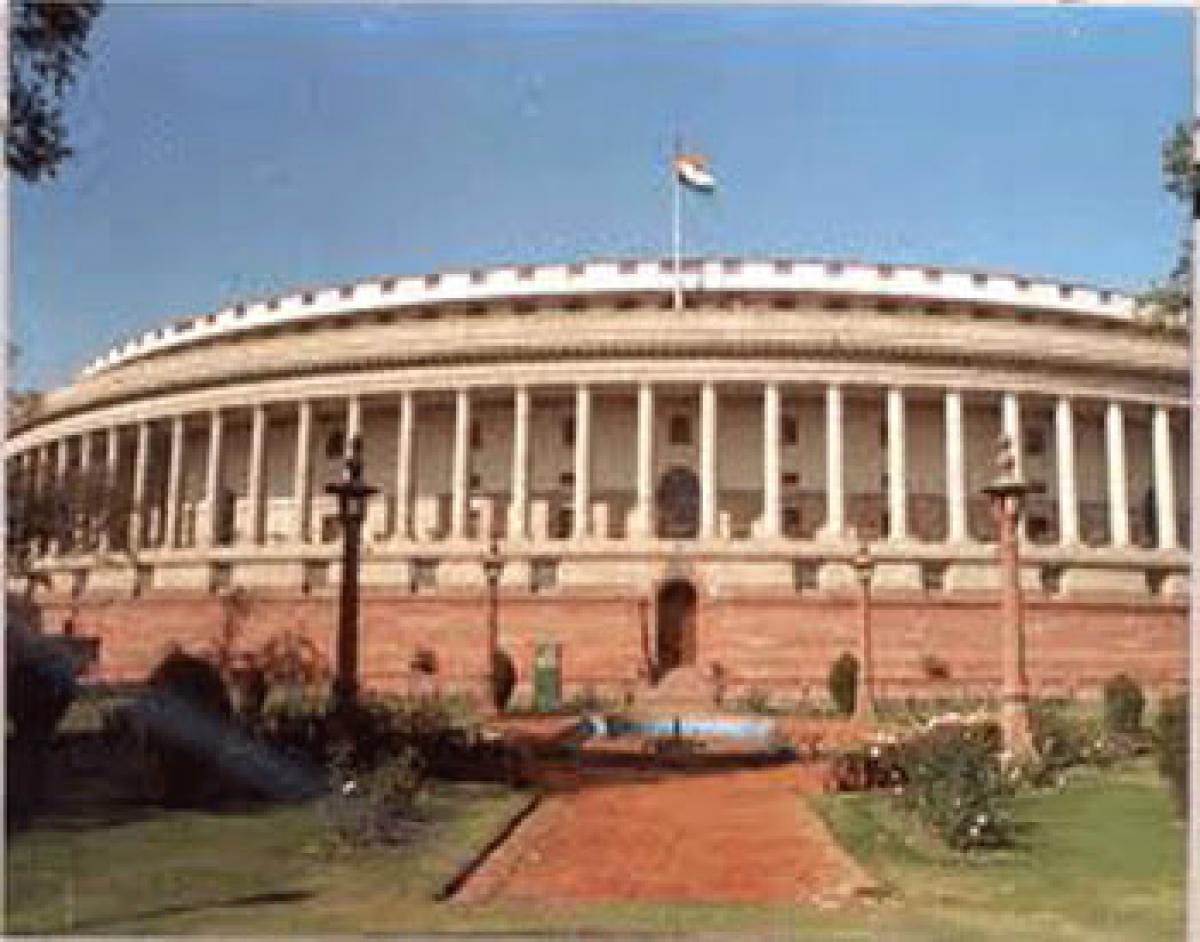 The Government of India seems to be in no mood to relent. The reaction of senior ministers to the recent judgment of Supreme Court is almost taking on the judiciary upfront. The Union Law Minister calls the judgment striking down National Judicial Appointments Commission (NJAC) as a violation of parliamentary sovereignty .
The Government of India seems to be in no mood to relent. The reaction of senior ministers to the recent judgment of Supreme Court is almost taking on the judiciary upfront. The Union Law Minister calls the judgment striking down National Judicial Appointments Commission (NJAC) as a violation of parliamentary sovereignty .
But, the Law Minister who himself is a distinguished lawyer need not be reminded that in India, Parliament is not supreme. The Constitution is supreme. The apex court in its famous Kesavananda Bharati judgement clarified that even the Parliament has no right to amend the basic structure of the Constitution.
Union Finance Minister Arun Jaitley, who is also a celebrated lawyer, made a scathing attack . Jaitley said that the Indian democracy came under the tyranny of unelected. The Hans India has already expressed its editorial view on the judgement. Whatever may be the merits and demerits of the verdict, let’s make it clear that the Indian democracy has no room for the tyranny of even elected.
Either tyranny of elected or unelected would be an infringement on separation of powers, which was described as part of the basic structure by the Supreme Court. While the Parliament has "wide" powers, it does not have the power to destroy or emasculate the basic elements or fundamental features of Constitution.
Therefore, the tyranny of the elected cannot replace the tyranny of the unelected. The NJAC composition as per the 99th amendment to the Constitution intends to enforce the tyranny of executive on the judiciary. But, the collegium system now restored by the Supreme Court imposes the tyranny of judiciary on the Indian democracy. Jaitley is right to that extent.
But, the motive behind his questioning of the verdict is in question. Any attempt to impose the executive preponderance on the judiciary is detrimental to democracy. The judicial review provided expressly in our Constitution by means of Article 226 and 32 is one of the features upon which hinges the system of checks and balances.
A reading of the Chapter, “Of the Extent of Legislative Power” in John Locke’s "Second Treatise on Civil Government" reveals that it was considered axiomatic that the legislative power does not include judicial power. This implies that the legislature or the executive, though they have people’s mandate, cannot ascribe to them the role of adjudicator of judicial pronouncements.
While the mandate of the executive is for a limited period, the mandate of the Constitution is eternal. The Supreme Court is the final interpreter of the Constitution of India. Differing with the judgments of highest judicial institutions is acceptable. But rebuking the very institution is unwarranted and unconstitutional.
The people of this country have long hailed judicial activism, without which the Indian democracy would have degenerated into a totalitarian state. But, the apex court itself warned of the dangers of judicial adventurism in the name of judicial activism.
Neither the executive nor the judiciary should do anything that would alter the delicate balance among the three organs of democracy – executive , legislature and judiciary. The leaders of government should demonstrate restraint and a sense of responsibility while reacting to judicial verdicts.









